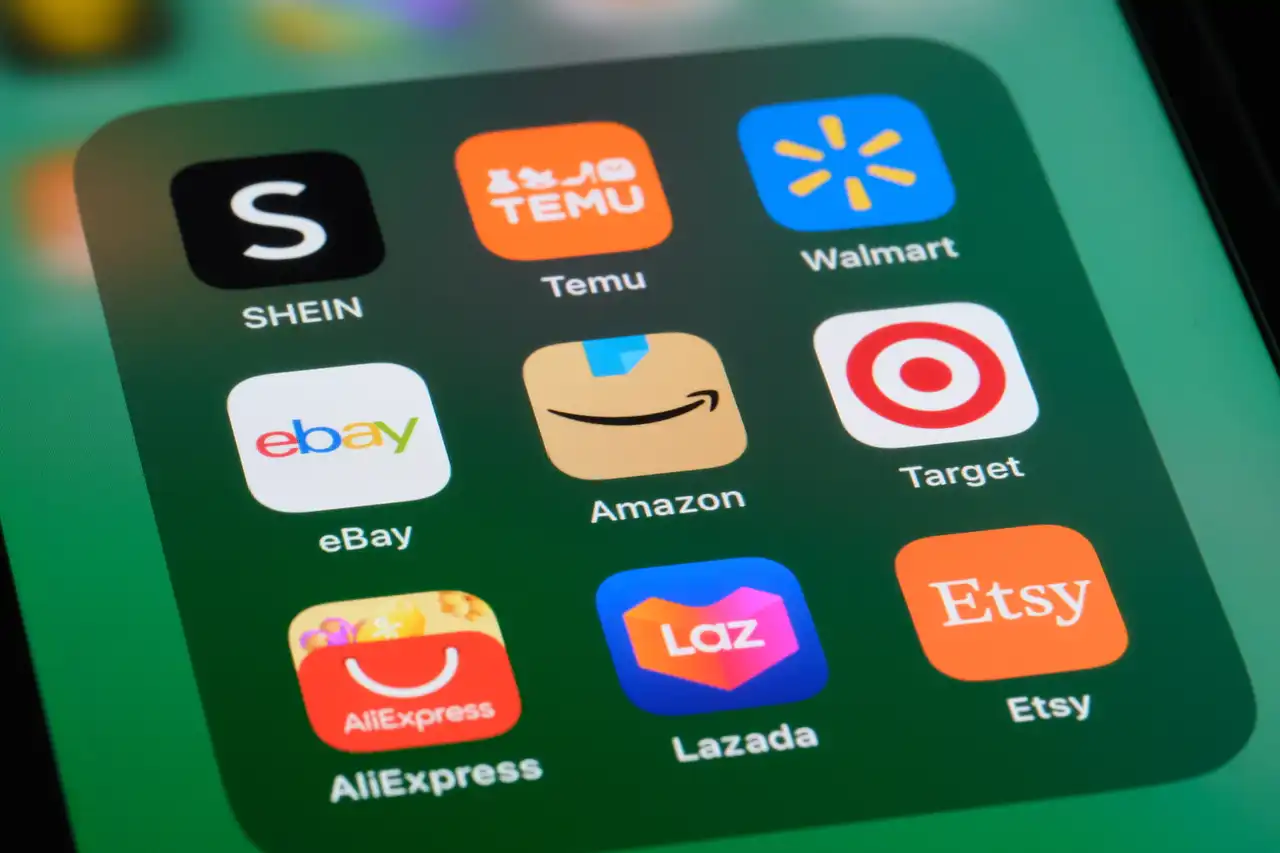Shein and Temu, two Chinese-based e-commerce platforms, are facing potential investigation by the US government over concerns regarding the safety of products sold for babies and toddlers on their sites.
The Consumer Products Safety Commission (CPSC) officials, Peter Feldman and Douglas Dziak, have expressed their worries about the companies’ compliance with US safety standards. In an open letter, the commissioners cited media reports that suggest unsafe children’s products are easily accessible on these platforms and called for a closer examination.
One of the main issues highlighted by the CPSC officials is the use of the “de minimis” rule by Shein and Temu. This rule exempts shipments valued at $800 or less from tariffs, and both platforms frequently sell low-cost items that fall within this range.
The commissioners want to investigate how these companies manage product safety, their partnerships with third-party sellers, and the claims they make when importing goods, particularly considering the potential loopholes this rule might create.

Shein responded to the concerns by asserting that customer safety is a top priority and that it has invested significant resources into strengthening its compliance measures. Temu similarly stated that it requires all sellers to follow product safety laws and regulations. Both companies aim to reassure consumers that they are committed to maintaining safety and regulatory compliance in light of the growing attention on their practices.
As the popularity of Shein and Temu grows in the US, they are increasingly scrutinized not just for safety but also for their ability to sell products at such low prices. This has raised questions about the transparency of their operations and the environmental impact of their business models, with concerns that the rapid growth of these platforms could be contributing to harmful practices or unchecked risks.
Further complicating the situation, Shein and Temu were previously mentioned in a US congressional report that linked them to a range of potential issues. These included forced labor, exploitation of trade loopholes, product safety hazards, and intellectual property theft. These past allegations, combined with the current safety concerns, have prompted US officials to push for a deeper investigation into their business practices and ethics.
